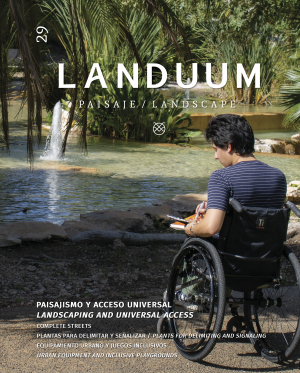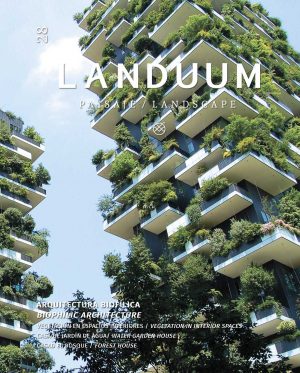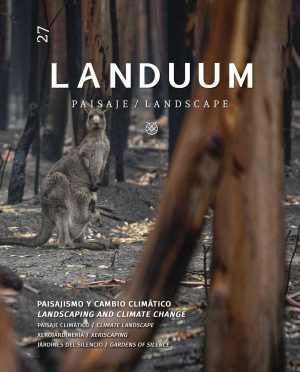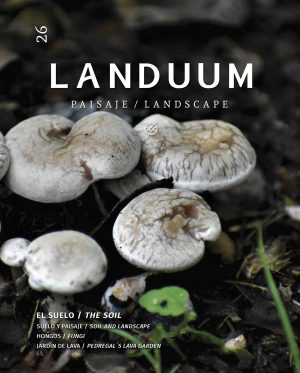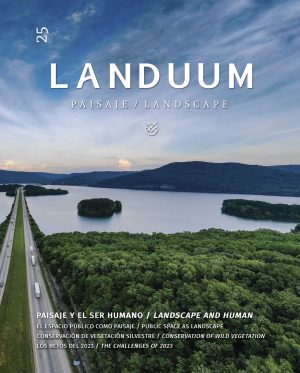Pedagogical farms: reflection spaces for the ecological transition
Derived from the phenomenon of food industrialization, during the twentieth century many people began to lose contact with the natural cycles, and how food was produced.
However, during the sixties and seventies, a revaluation of self-production started to develop as a way to protest against the mass food production.
What is now a trend in certain socioeconomic strata of industrialized cities or countries, in other rural scenarios or developing countries, self-consumption has overall represented a way of survival. Whatever the origin of these activities may be, under the current context of the climate crisis, the search for more sustainable alternative lifestyles, and more healthy practices related to food, are more applicable today than ever.
“Educational farms represent spaces for obtaining knowledge and reflecting about different ways of producing food.”

Those places, located mainly in urban or suburban contexts, are defined as structures with low commercial agricultural production, their main objective is receiving visitors for educational purposes.
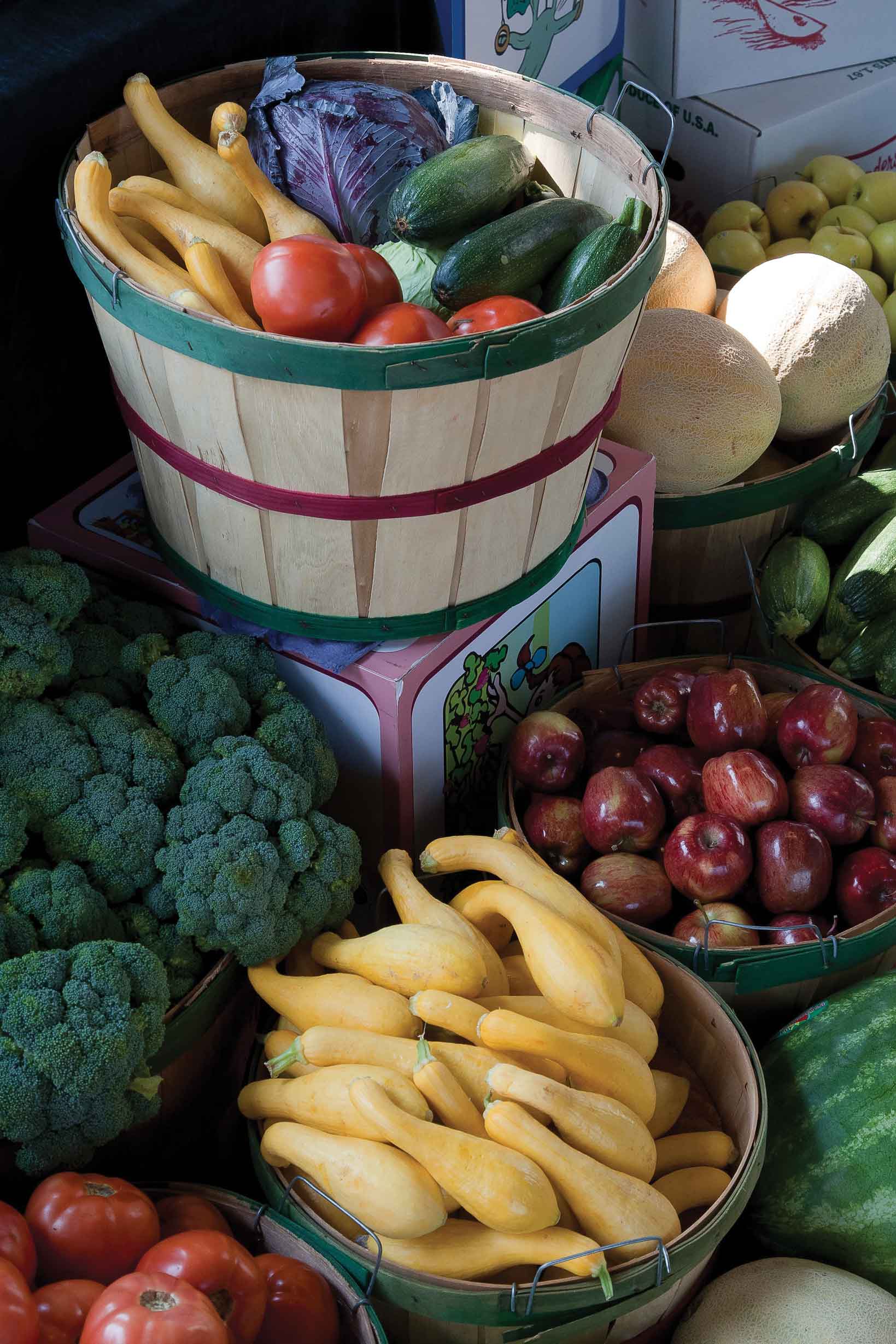
Photography: Pexels.com
These places have the goal of reconnecting people to the different processes of producing food, as well as reconnecting them to the landscapes that result from these food-producing activities. Among the activities available in educational farms are tours, courses, workshops and product tastings. People who participate in these spaces are usually children and families who take advantage of the weekends or vacations to go out and have fun.
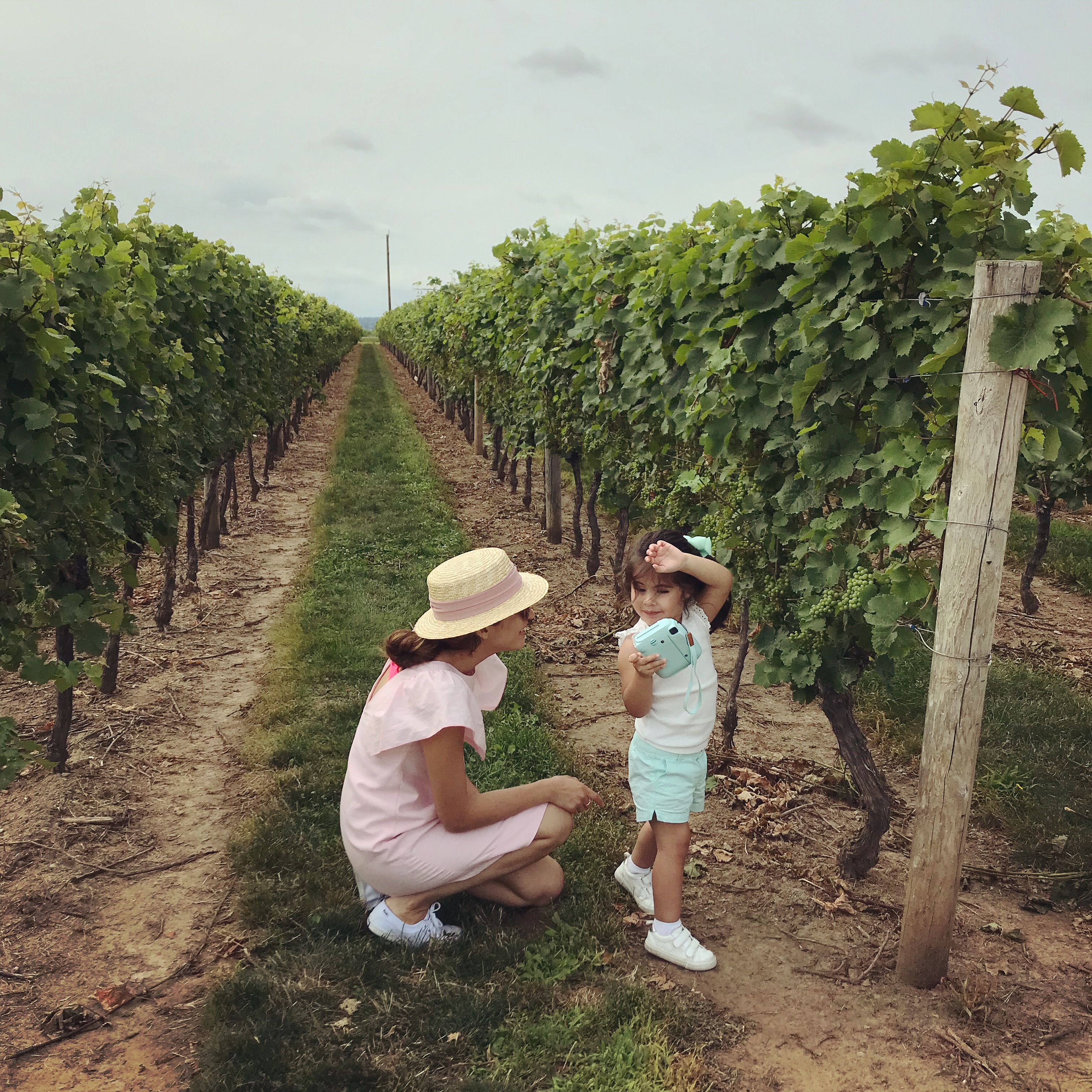
Trius Winery
Photography: Valentina Lara
It is worth pointing out that not all educational farms promote sustainable practices. However, some do invite people to reflect about the impact on the territory, biodiversity, caring for water, the development of agriculture without pesticides, and respecting animal rights.

Photography: Pexels.com
Those spaces are fundamental for spreading the importance of biodiversity in peripheral zones and cities, as well as for promoting urban agriculture as a way to recover our environment and generate autonomy and food sovereignty.
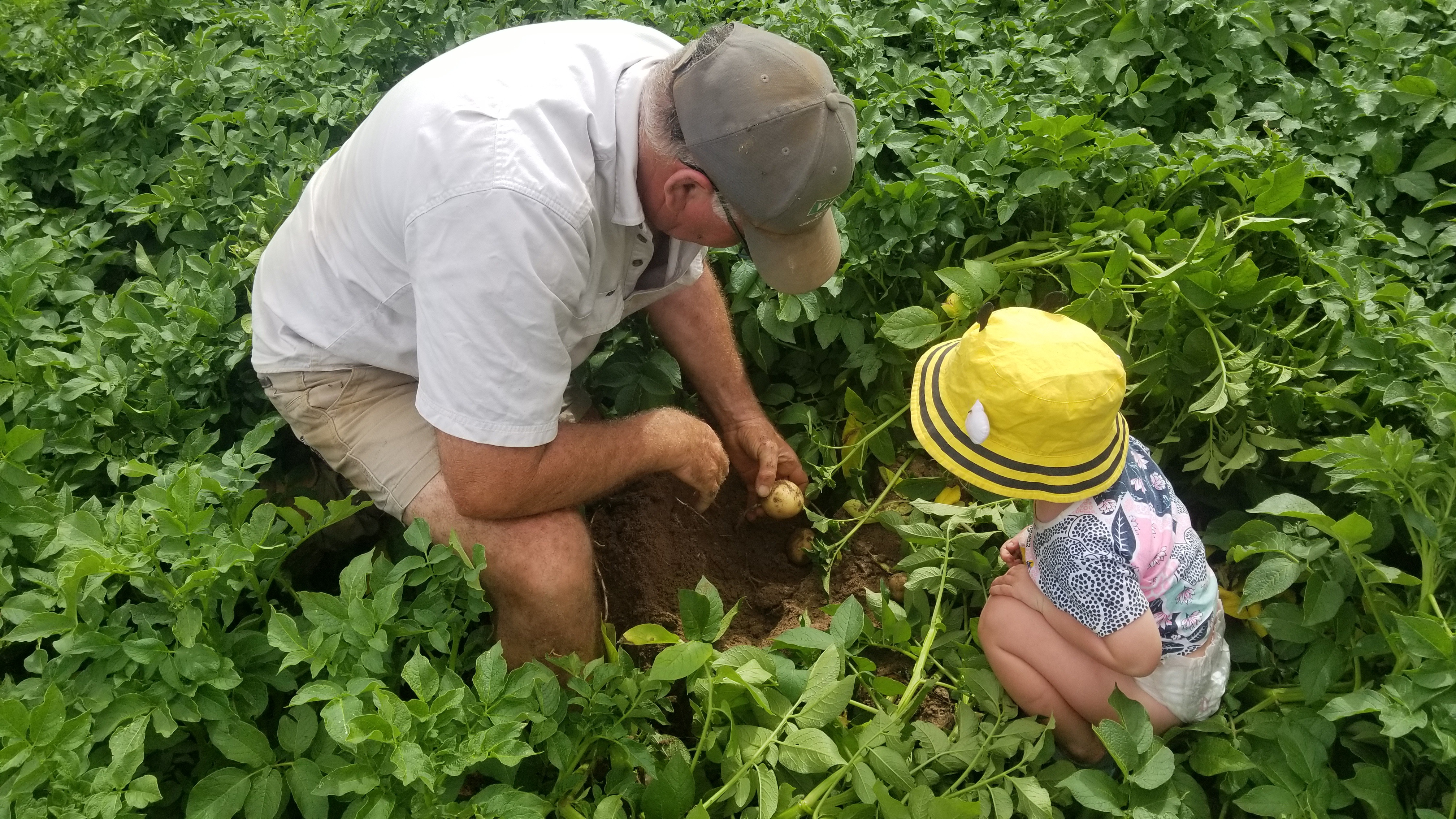
Photography: Pexels.com
Without a doubt, educational farms and other similar spaces which promote reflection about ecology and good landscape practices should be part of cities and other territories, as they help with the challenges of ecological transition in the present and the future.




